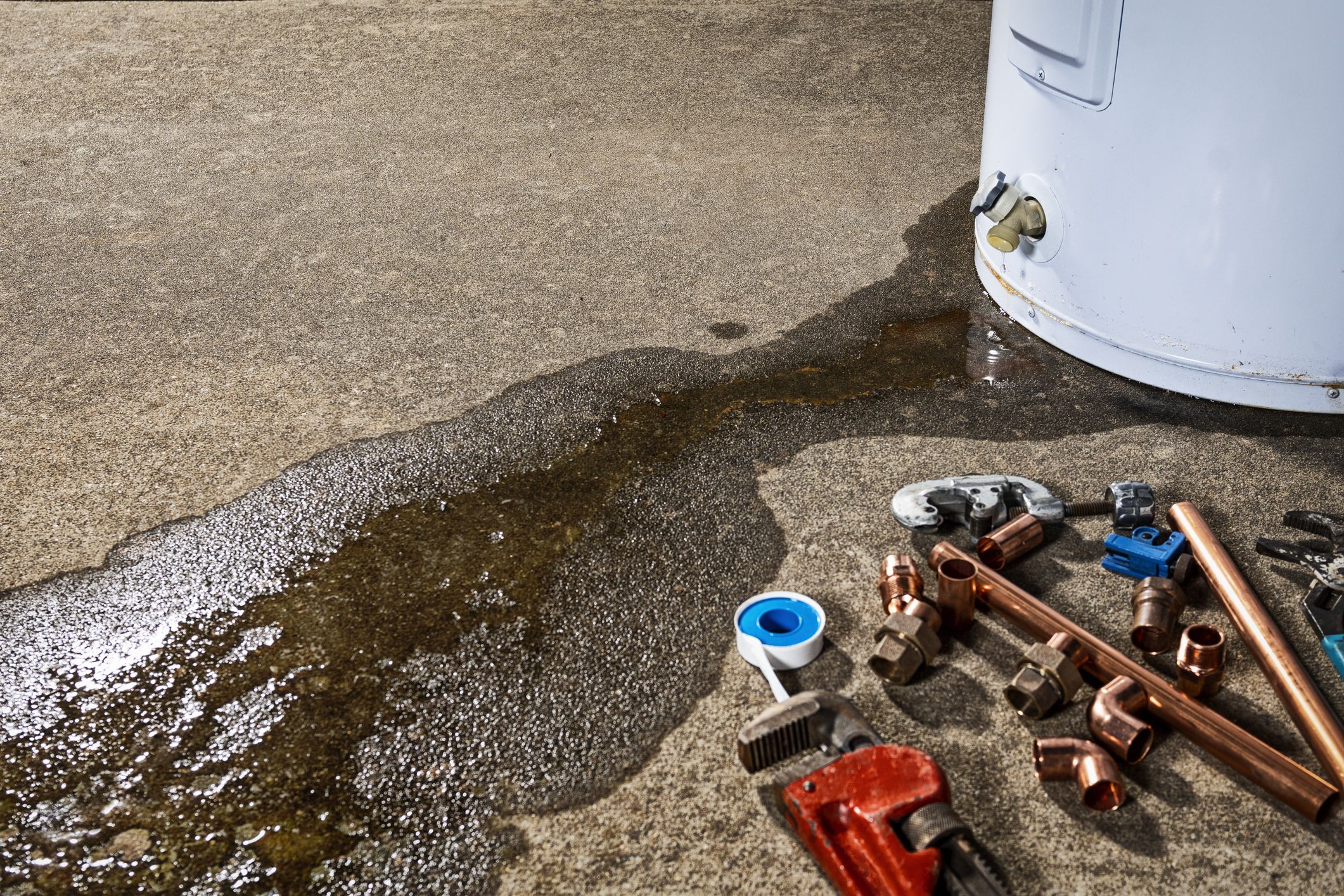Here down the page you might get some high-quality help and advice on the subject of What Do You Do When Your Water Heater Bursts?.

Whether it lies in the basement or a separate space, busted water heaters can cause anxiety. A typical unit holds 80 gallons, so an overnight leakage will lead to a flood. This leads to significant residential property damage with soaked walls and also floors. Having no hot water supply is likewise bothersome. If you are managing these concerns, take note of the following:
Turn Off Power Source
Before calling the plumber, shut down a gas hot water heater by turning the temperature level dial. This is normally located on top of the thermostat. If you have a design that runs on electrical power, switch off the breaker. This will certainly avoid electrocution, specifically if there is a leak as water is a conductor. Commonly, the heating element shuts down when the water hits a particular temperature level. But with a damaged storage tank, it might malfunction. Sufficing off ensures you stay secure.
Cut Off the Cold Water Supply
Cut off the containers faucet water supply from the source. This goes from your major water line into the container. When your storage tank remains in good condition, the cold water stops filling up when the storage tank is full. Because it is leaking, the water will continue to move. Shut the valve discovered at the top of the heating system. Turn this clockwise to close it off. You should transform off that primary water supply line outside your home if you can not find it or reach it.
Call the Plumber
After doing the very first two security steps, you have to call your plumber to come right away to take care of a burst water heating system. There are typically signs that your aging water heating unit has debris buildup in the interior.
Don't wait for significant flooding to call the plumber. Already, you will certainly have to invest even more to restore your residential or commercial property. Rather, as quickly as you identify these indications, have actually an expert concerned check your hot water heater give thanks to. Commonly, water heaters have a life expectancy of regarding 8 to 12 years. With routine examination and also maintenance, you can prolong its life.
Tidy up Home
After calling the plumber, record damages by making note and pictures so you can claim your homeowner's insurance policy. From there, start the instant cleaning. Take out any kind of important belongings to prevent further saturating. Then, eliminate any kind of standing water to prevent mold and mildew and mold growth. If you have a completely submersible water pump, make use of that to drain pipes the water. Or else, the conventional bucket method will also work. Try to mop out every little thing, consisting of walls and also baseboards. Maintain them running to keep air circulating if you have an electrical follower as well as dehumidifier. This will help deter mold development.
Keep in mind, if you notice any type of concerns with your water heating system, call the pros right away. You can not take this problem lightly due to the fact that a defective thermostat can raise water temp to an alarmingly high level, leading to unexpected burns.
Whether it is located in the basement or a different room, broken water heating units can trigger stress. Before calling the plumber, shut off a gas water heating unit by turning the temperature dial. After doing the initial 2 safety steps, you must call your plumber to come right away to take care of a ruptured water heating system. If you have a submersible water pump, use that to drain pipes the water. Keep in mind, if you observe any type of issues with your water heating system, call the pros right away.
When You Should Turn off Your Water Heater
When the main water supply is shut off
There are many circumstances in which the main water supply is turned off. When this happens, many homeowners wonder if it’s safe to keep the water heater on of it should be shut down too.
In most cases, it may not be necessary to turn off the water heater, but it also won’t hurt, either. However, there are two reasons when you should turn off the unit to prevent too much pressure or heat from building up inside the tank:
When there’s a leak
If your water heater springs a leak due for a variety of reasons, including age or a valve malfunction, you should always turn off the unit and shut off the water supply until the issue is resolved.
https://www.libertyplumbingheatingandair.com/blog/when-you-should-turn-off-your-water-heater/

Do you enjoy more info about Maintaining & Draining a Water Heater? Give a remark directly below. We'd be pleased to know your ideas about this article. Hoping that you visit us again in the future. Liked our article? Please share it. Let another person find it. I love reading our article about Water Heater Repair.
No more leaks!